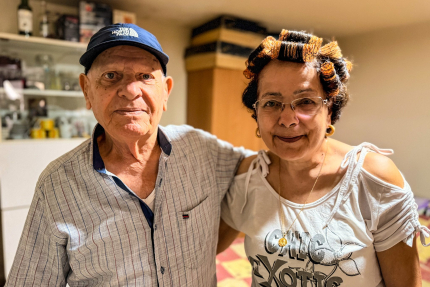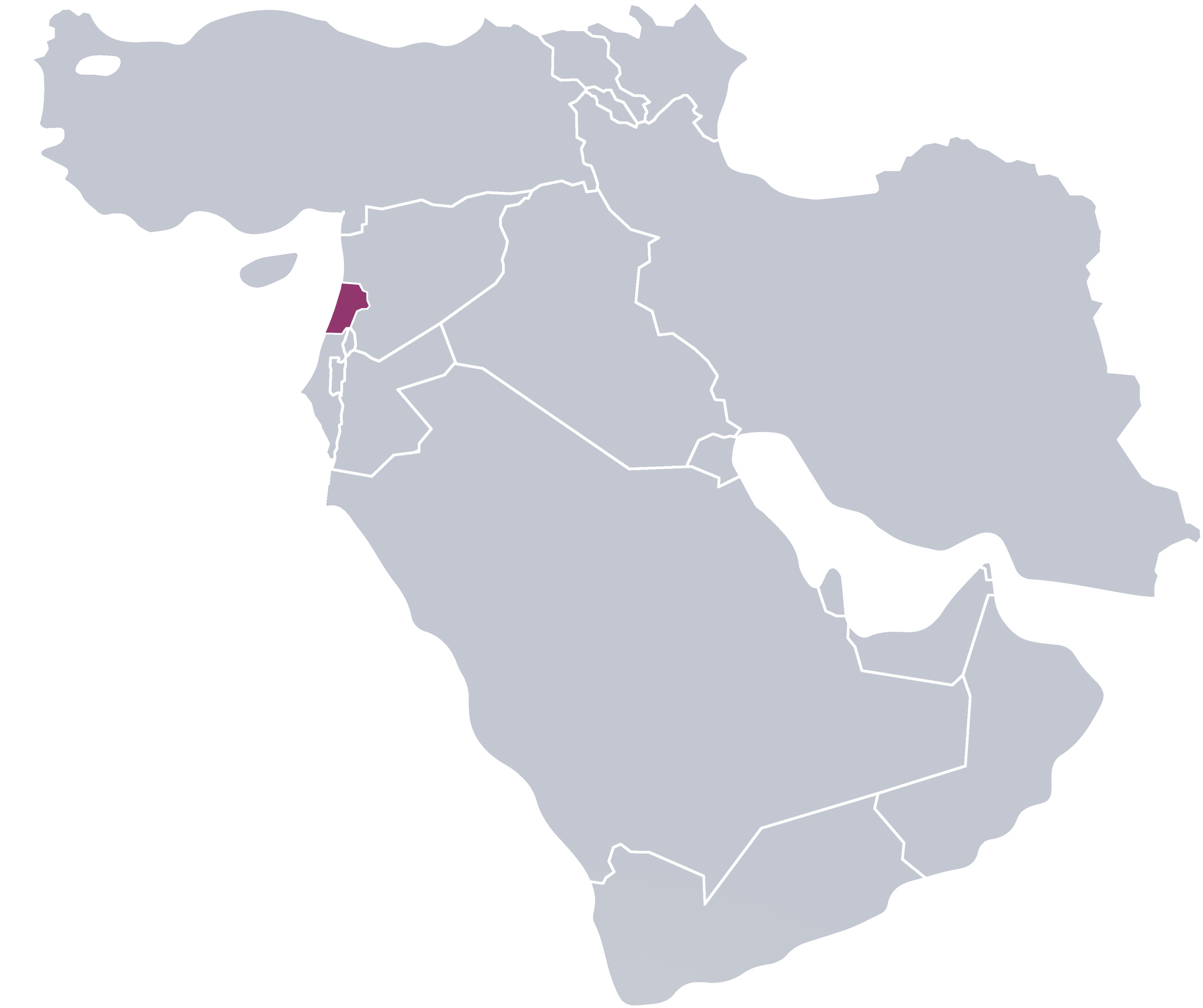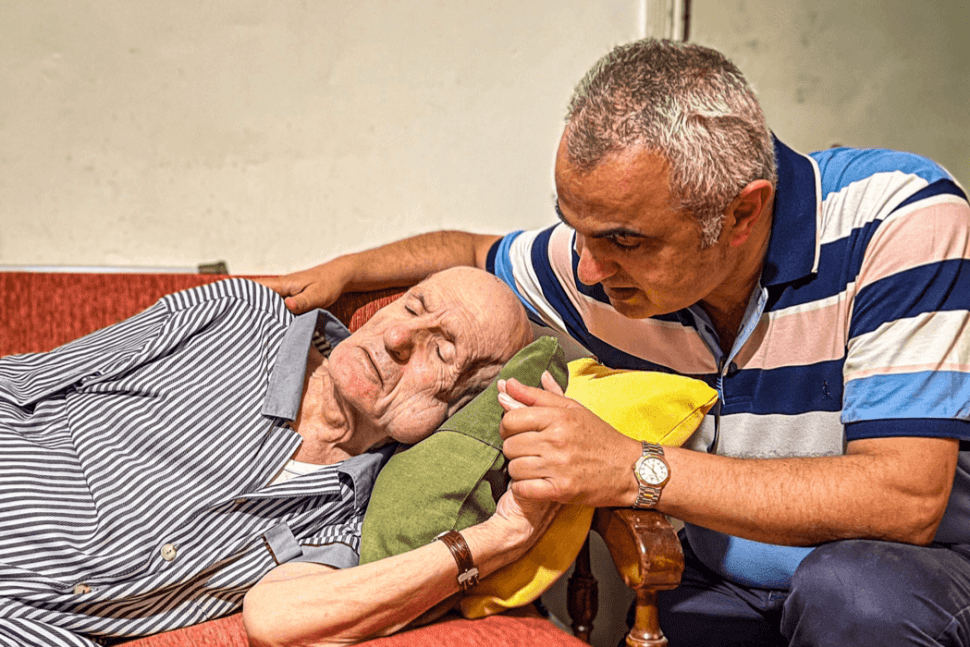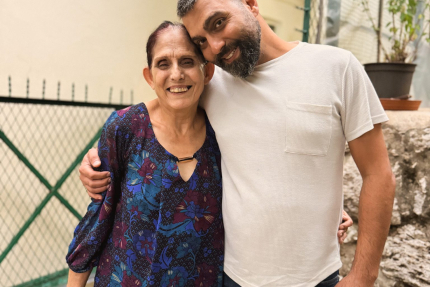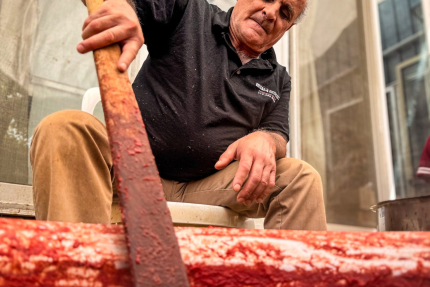It is difficult to write about the economic crisis in Lebanon when we ourselves are struggling with inflation and uncertain daily life. On the other hand, it is also difficult to compare ourselves with a country that is already only pretending not to be bankrupt. Here the economic crisis is just turning into a humanitarian crisis.
Bakhos is ill but cannot afford medication. It’s not that he doesn’t have enough for the rest of the month after buying a prescription. The local currency no longer represents any value. One packet of paracetamol already costs more than 200 zloty. Bakhos does not have enough for a whole month. At the same time, he lives with a whole range of chronic illnesses. He cannot manage without medication – he gets it from you. Now our patients have found themselves in an even worse situation. Their lives are primarily threatened by hunger and cold.
80% of Lebanon’s population is on the poverty line. No one wants to do business with the country anymore. There is no electricity and few can afford basic purchases.
By supporting Bakhos and our more than 260 charges in Lebanon, you are responding to their most basic needs. It is no longer just medicines that our project relies on. We donate fuel oil and food parcels to the poorest families. They can still count on a supply of the medicines they need to take.
And even though the availability of medicines and their cost is becoming more and more problematic, we will not leave these people behind. They have only us. And we have you! For every visit to our GoodWorks 24/7 and for each purchase, for even the smallest help for our Lebanese patients, we thank you from the bottom of our hearts!
